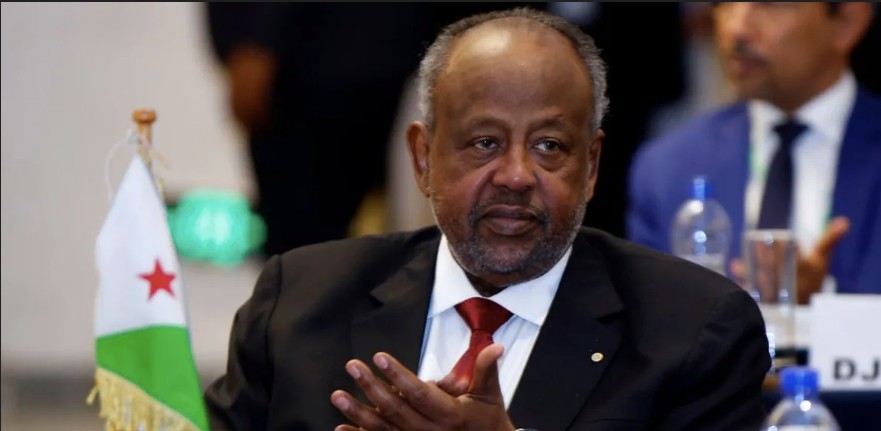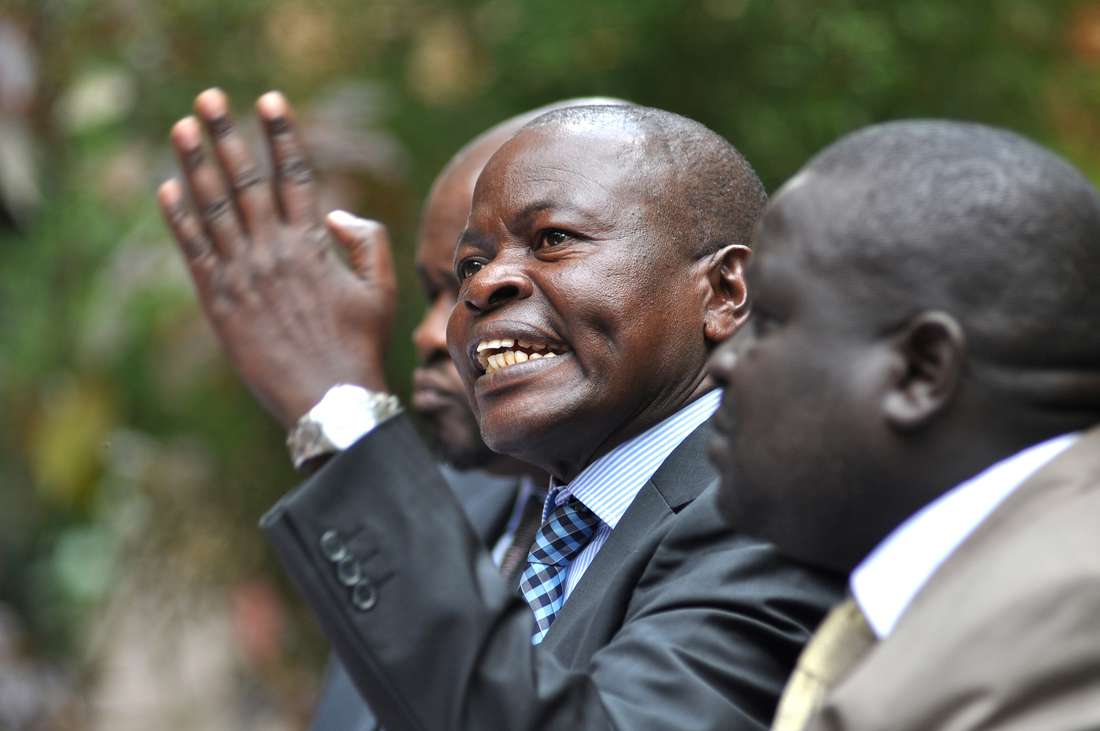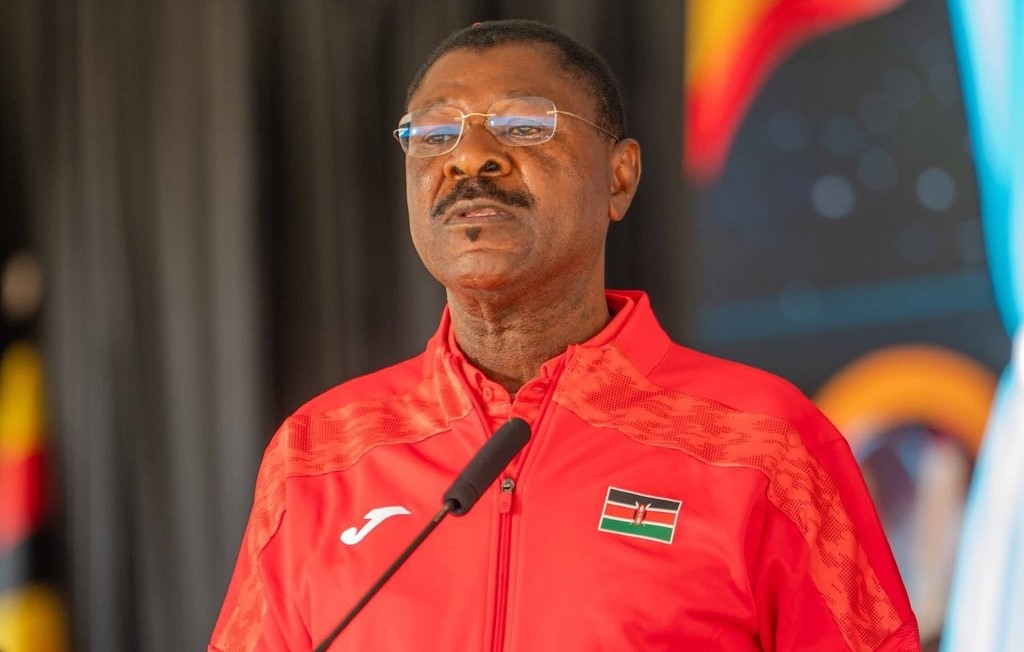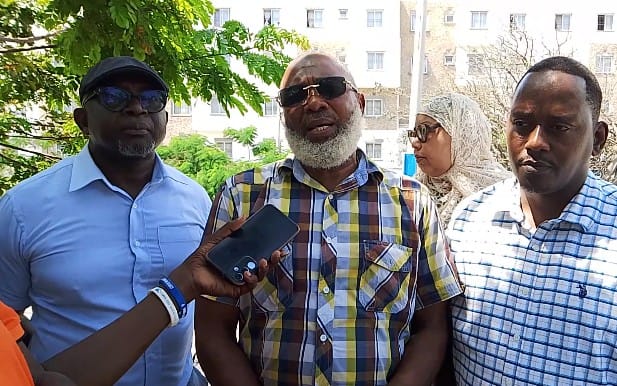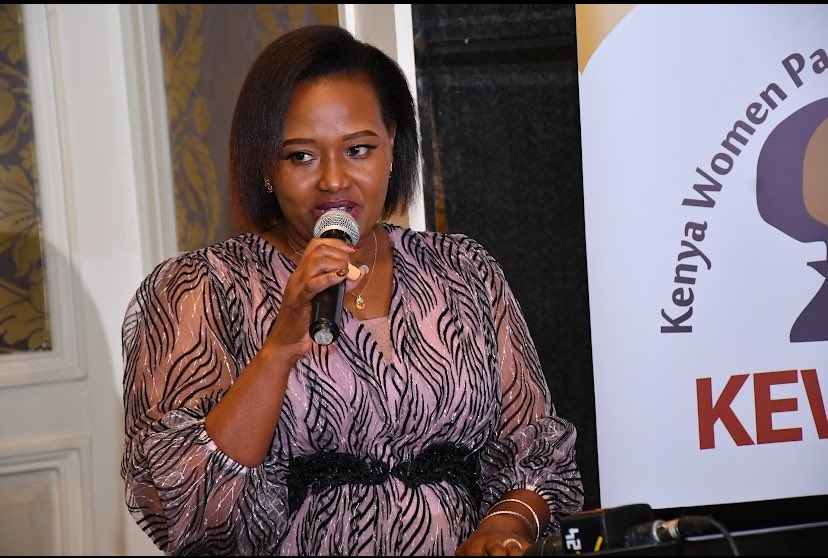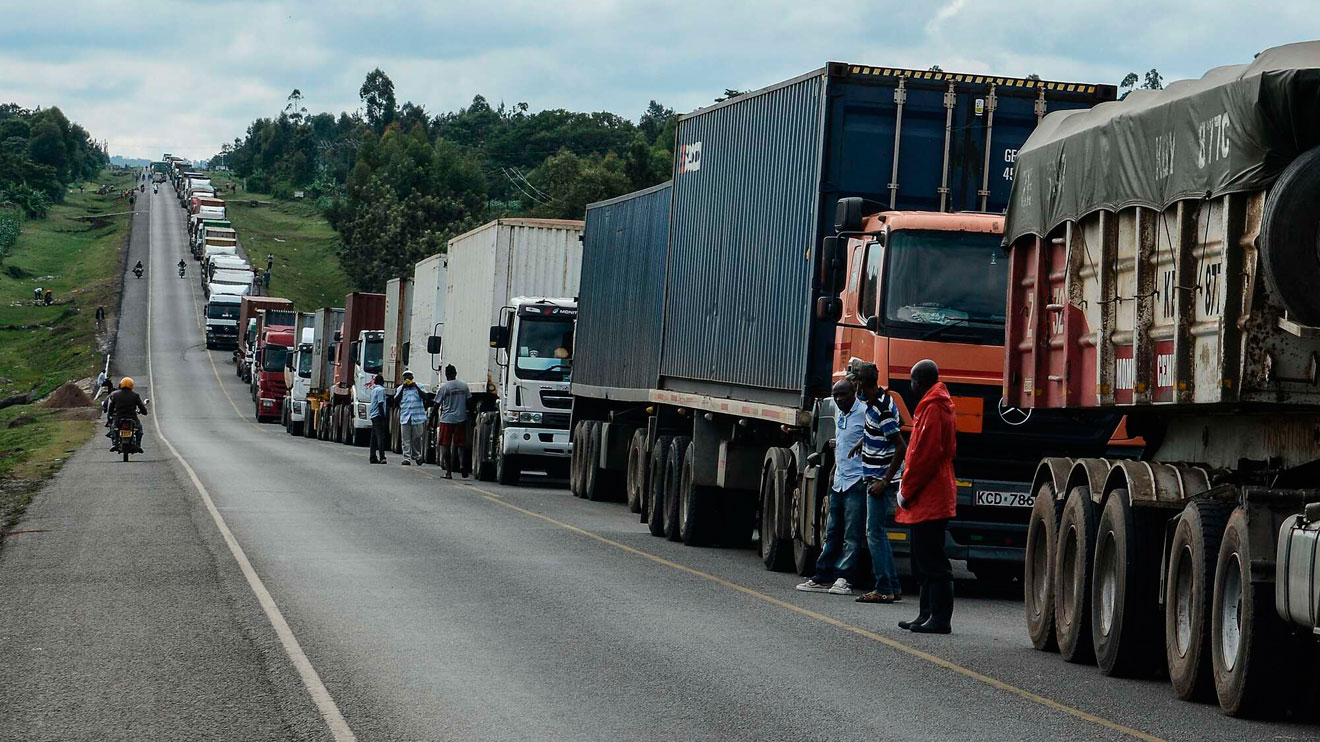South Sudan’s crisis linked to corruption and oil revenue theft, says UN
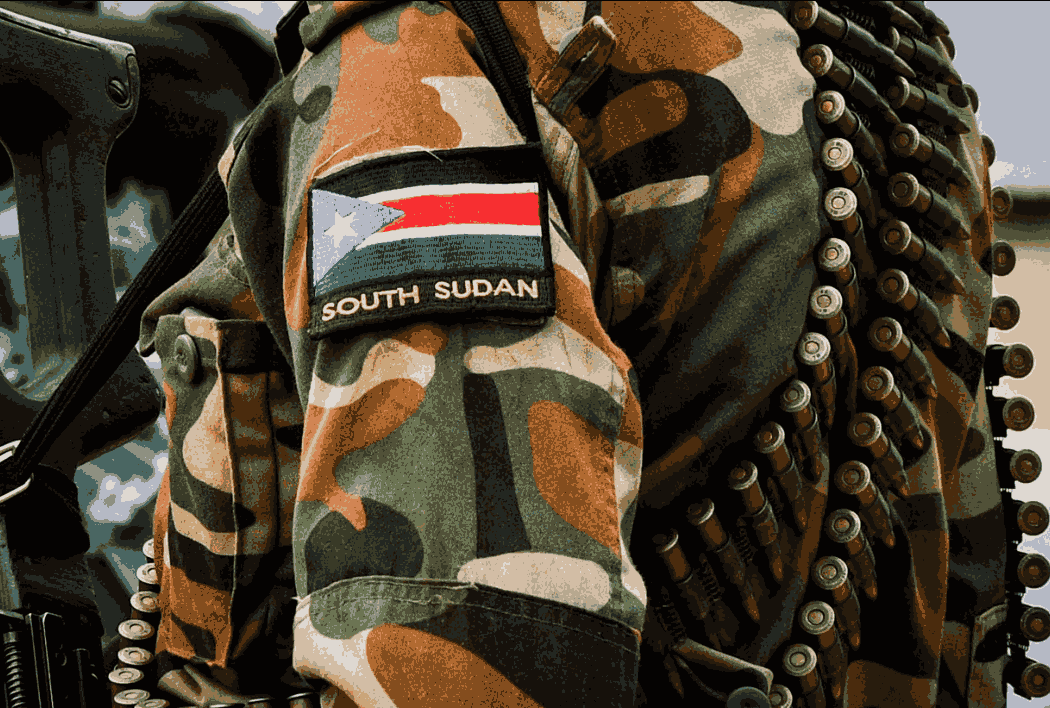
According to the report, since 2011, South Sudan has earned over $25.2 billion (approx. Sh3.3 trillion) from oil, yet almost none reaches essential services like health, education or agriculture.
Corruption and the theft of oil revenues by South Sudan's political leaders are fueling a severe human rights crisis, the UN Commission on Human Rights in South Sudan said in a report released on Tuesday.
The report, 'Plundering a Nation: How Rampant Corruption Unleashed a Human Rights Crisis in South Sudan', draws on two years of investigation and reveals how billions from South Sudan's oil and government revenues are siphoned through secret deals, leaving millions without basic services.
According to the report, since 2011, South Sudan has earned over $25.2 billion (approx. Sh3.3 trillion) from oil, yet almost none reaches essential services like health, education or agriculture.
More To Read
- Gunman hijacks aid plane in South Sudan, arrested after safe landing in Wau
- Sexual violence driving mass flight from Sudan to South Sudan: What you need to know
- 1,000 weapon‑wounded patients treated in South Sudan hospitals this year - ICRC
- South Sudan and Somalia eye group stage in FIFA Arab Cup 2025 qualifiers
- From silence to strength: South Sudan women leaders speak out and drive change
- MSF demands protection of civilians after deadly attack in Upper Nile State, South Sudan
Between 2020 and 2024, South Sudan's Ministry of Health received just $29 million (around Sh3.7 billion) of its budgetary allocation.
Similarly, the country's Agriculture Ministry received just $11 million (Sh1.4 billion), only 7 per cent of its budget, while the Ministry of Gender and Social Welfare was allocated $3.7 million (Sh478 million) over the four years.
During the same period, the Ministry of Presidential Affairs overspent its budget by nearly six times, reaching $557 million (around Sh71.9 billion).
The report's findings also show that most of the country's civil servants remain underpaid or go without salaries entirely, with international donors now funding more of South Sudan's essential services than the government itself.
"Our report tells the story of the plundering of a nation: corruption is not incidental, it is the engine of South Sudan's decline", said Yasmin Sooka, the Chairperson of the Commission.
"It is driving hunger, collapsing health systems, and causing preventable deaths, as well as fuelling deadly armed conflict over resources. The suffering of South Sudanese civilians is a direct consequence of the brazen plundering of public revenues since independence in 2011."
The report also exposed major corruption schemes in South Sudan, including the Oil for Roads program, which diverted an estimated $2.2 billion (Sh284 billion) to benefit political allies and supporters while most promised road projects were never completed. It specifically implicates Benjamin Bol Mel, appointed vice-president in February 2025, whose companies failed to deliver the projects.
Other schemes highlighted involve Crawford Capital Ltd, where much of the collected non-oil revenue never reached government budgets.
According to the UN Commission, corruption, combined with political unrest, threatens South Sudan's peace process and reforms under the country's Revitalised Peace Agreement.
The report includes 54 recommendations urging the South Sudanese government to improve transparency, fund essential services and punish those responsible for corruption.
"South Sudan's leaders must end the systemic plunder and impunity. When public revenue becomes private fortune, peace cannot hold. For the transition to survive, accountability for economic crimes and an investment in human rights are indispensable," the report reads.
Top Stories Today


